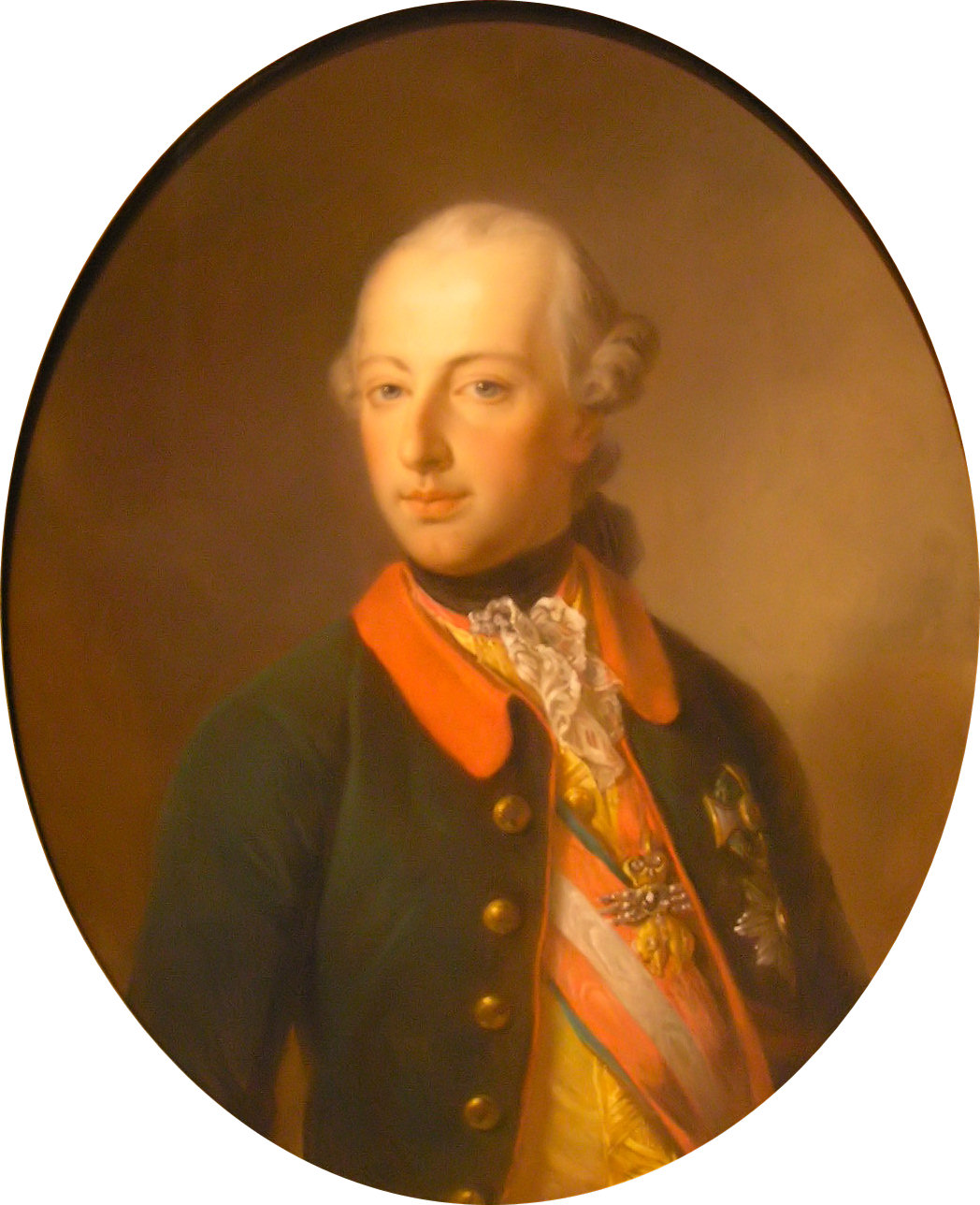
This week we’ve waltzed over
to Vienna. (See what I did there?) We’ve now reached the late eighteenth century
and the musical centre of Europe has shifted to the capital of Austria, in what
was the Austro-Hungarian Empire, ruled over by the Habsburgs and the Holy Roman
Empire. Here we encounter some very familiar names from the elite First
Viennese School, namely Mozart, Haydn and Beethoven.
The area had been ruled by
Josef II, alongside his mother, Maria Theresa, since 1765. Josef believed in
Enlightened Absolutism - , he believed that he had been divinely appointed but
was enlightened enough to believe that his subjects needed a benevolent and
powerful leader to look after them. He was an accomplished musician in his own
right and had his own chamber group. He sought to reform many things and rather
than embrace Italian opera he wanted to promote the German language through Singspiele. This was sung drama in the
local language along similar lines to Lully’s ideas for French opera.
A young Mozart was quick to
jump on this bandwagon, eager to show his ability in this new, officially
accepted genre. His letters home to his father show his enthusiasm for
Singspiele. He wrote Die Entfȕhrung aud
dem Serail (The abduction from the seraglio), better known as Il Seraglio, which was premiered at the
Vienna Burgtheater in 1782. Have a look at this YouTube clip of the Wer ein liebchen hat gefunden taken from
that opera.
By 1783 Josef II had stopped
trying to make Vienna and Singspiele the centre of European music. He gave in
to the tastes of the general populous and assembled a troupe to perform Italian
Opera Buffa (comic opera) as Italian
musical influence encompasses the whole of Europe. Opera buffa was born out of short Intermezzo performed in the intervals of Opera Seria productions. These short interludes grew and eventually
became full length operas in their own right. Josef, like Louis XIV in France,
had his chosen composers and these were Salieri and Mozart. Josef spoke Tuscan
Italian, the performers own language, fluently and often attended rehearsals in
order to maintain his control over them and his composers. Opera Buffa was also
the only genre of opera to be encouraged at this time.
Having learned about the politics
and patronage involved in the musical world over the years, in fact, probably
back to the days of chant or even before that, I am fascinated by how one ‘wrong
note’ or an ‘off-key’ moment could make or break a composer’s career. That old
adage of being in the right place, at the right time also seems to be true as
there are many talented composers that are rarely heard of purely by way of the
fact that their talents were eclipsed by their contemporaries. Take, for
example, Giovanni Paisiello,
a very successful composer, whose writing sounds similar to Mozart. He was patronized
by Catherine the Great of Russia but have you ever heard of him? I hadn’t until
now. He wrote a version of The Barber of Seville but now we are more likely to
think of Rossini when we hear that title.
This is the last formal
blog post for my university degree course and I have thoroughly enjoyed this
tour of Western Musical Heritage. I don’t really want it to end and, like any
good book, it is encouraging me to read ‘just one more chapter’ so maybe I
will. I’m not saying it will become a regular feature but maybe, now and again,
I will dip in and out of my copy of A
history of Western Music by Burkholder, Grout and Palisca, and take another
trip into our musical history. I can now hear the last call for passengers on
my trip home so I leave you, for now, with a cheery wave and a tear in my eye. Auf
wiedersehen from Vienna.
